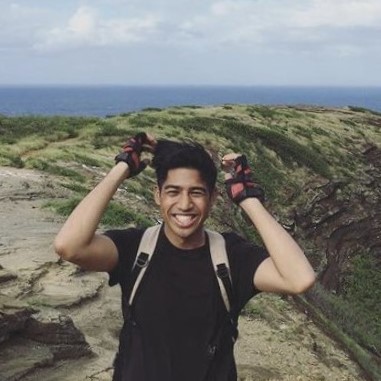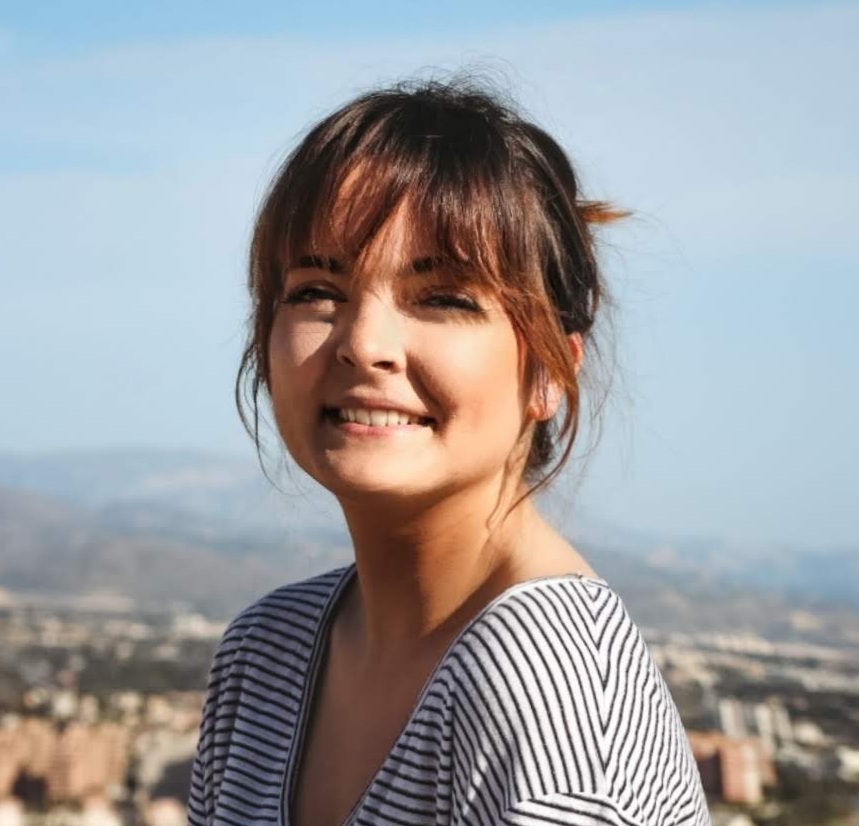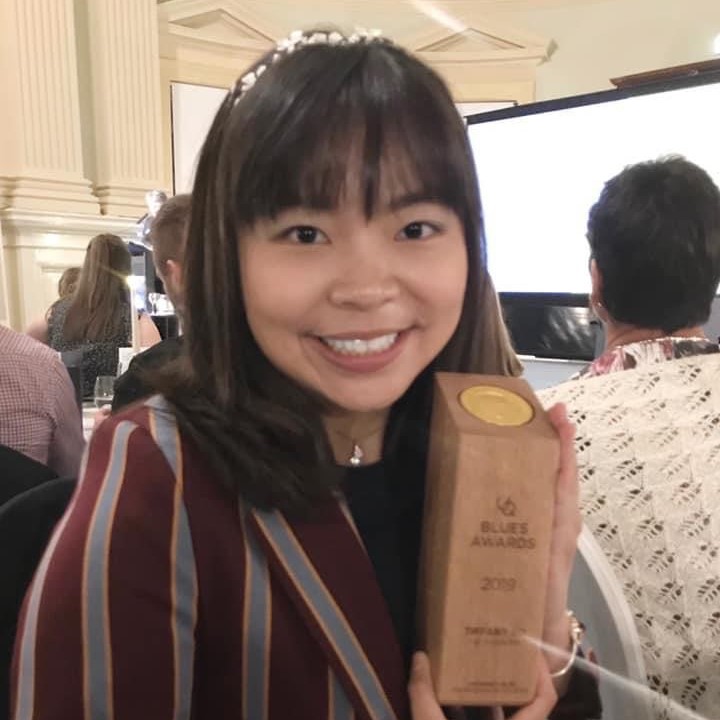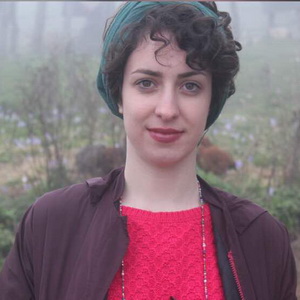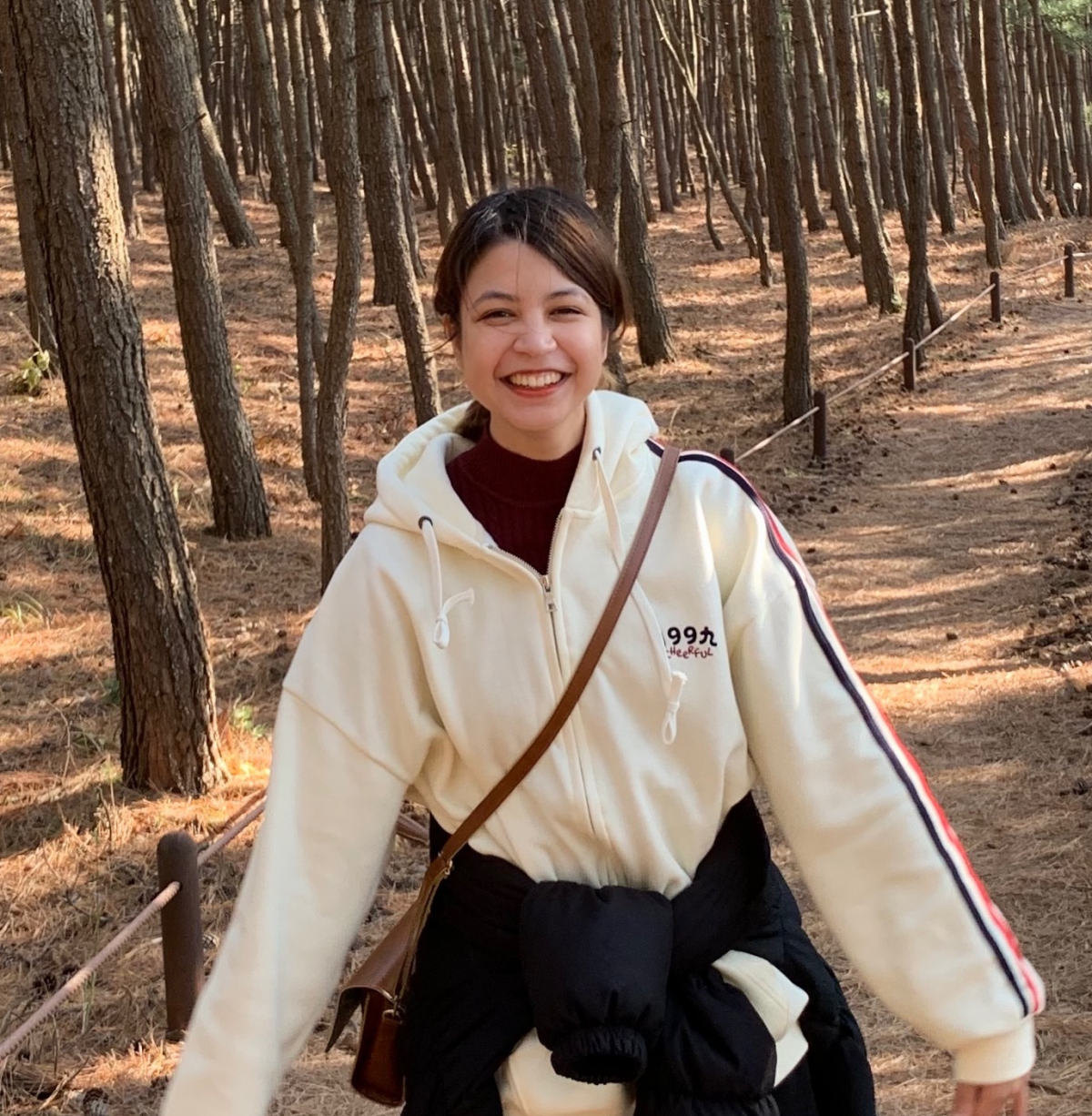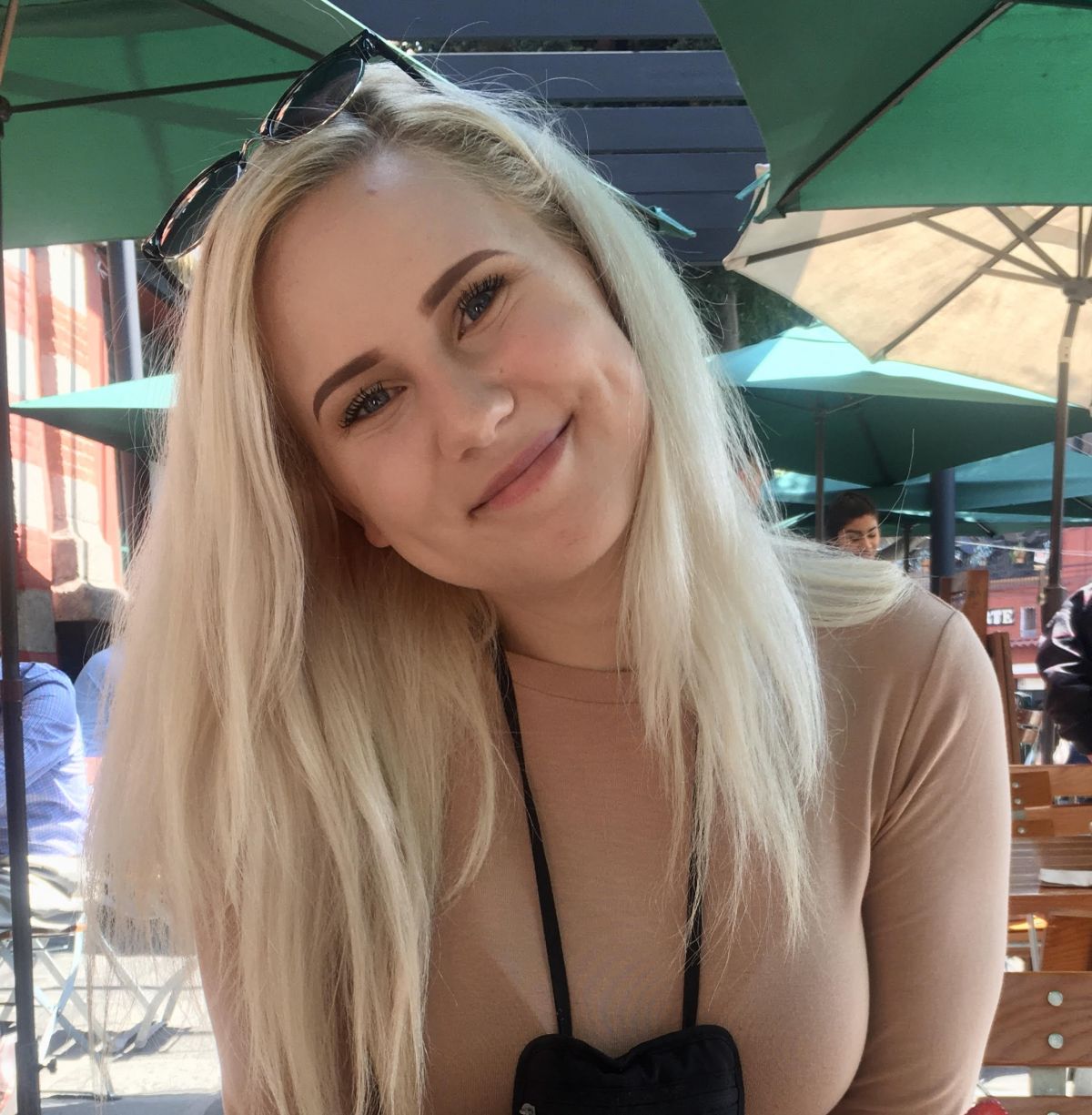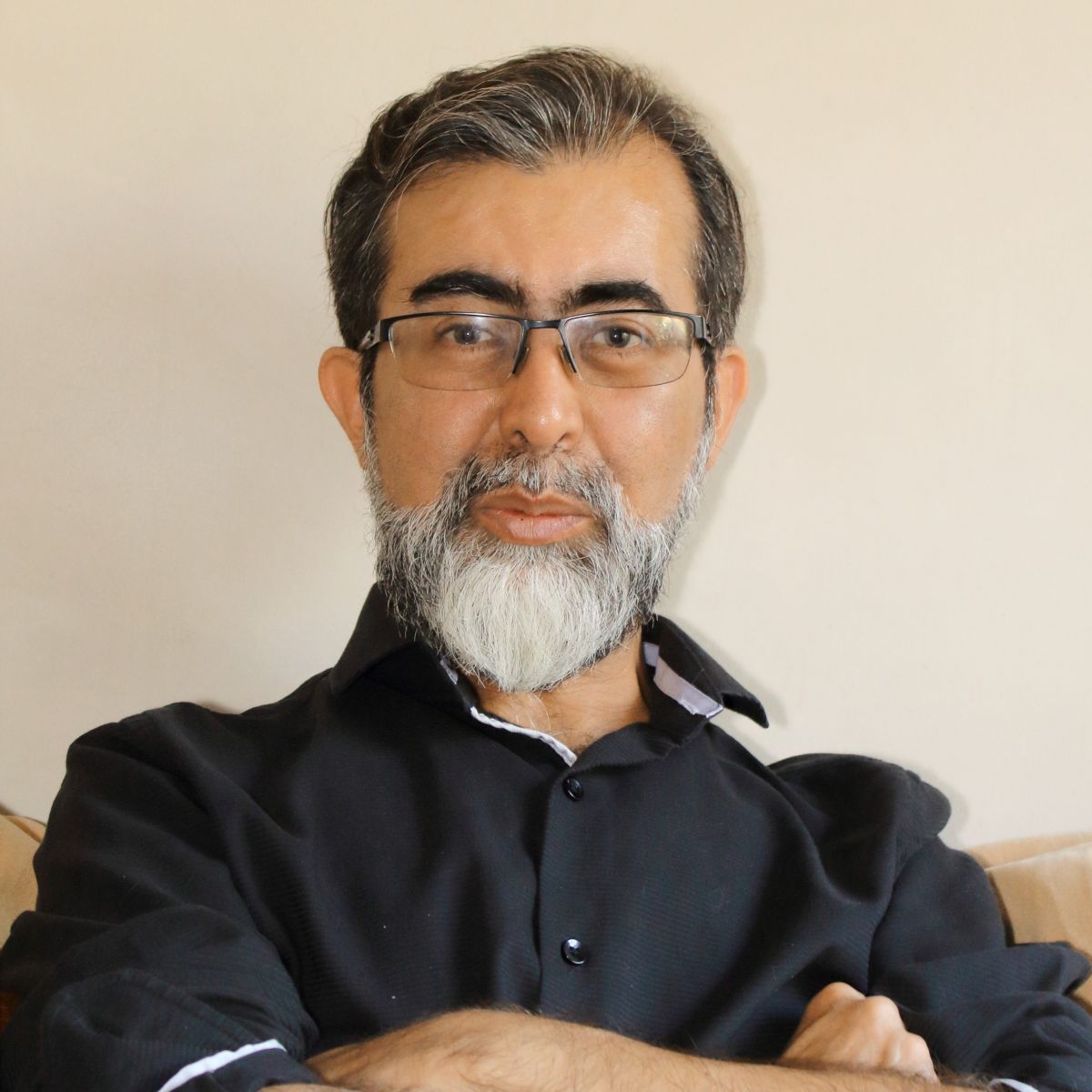Showcasing Hawaiian Culture in South Korea
Dance helped me find a sense of home away from home.
South Korea, Eastern Asia
Story by Jed Solleza. Edited by Rick Scherpenhuizen, Veronica Burgstaller and Melaina Dyck
Published on May 8, 2021.
Reading time: 4 minutes
This story is also available in 
I am a Filipino-American who was born in California. As somebody who has grown up in a “third culture,” around my Filipino family, I am American, but to other Americans, I am clearly Asian. For me, the Asian diaspora has its own sense of culture that is separate from Asia--almost like a subculture--which remains attached to our heritage. When my sister began taking Polynesian dance classes at 9 years old, my own interest in Hawaiian culture was ignited and in 2011 I myself started to learn and perform Hula and Tahitian dance. I finally decided to move to Hawai’i for college in 2013. While I am proud of my Filipino heritage, I am equally as proud of the Hawaiian culture and it is actually Hawai’i that has given me a sense of home. Despite finding great interest in Polynesian culture, I still strongly identify as Filipino-American. I am a Filipino-American that practices Polynesian culture.
I moved to South Korea in 2017 after college to teach English. Despite moving to a new country with a completely different culture, I still maintained my love for Hawaiian culture. In Korea, I found that there is a huge interest in going to Hawai’i for honeymoons or vacations. However, other aspects of Hawaiian culture remain largely unknown. Since moving to Korea, I have participated in a small Polynesian dance troupe consisting of almost all Koreans. We partake in small community performances, and while people find our dances to be enjoyable, people tend to brush off the dance as a form of entertainment rather than an aspect of a greater culture. I found that many people are not even aware of the fact that Hawai’i is part of America. Regardless, I still dance to this day as the culture is not something I am willing to let go of despite the strange public opinion of Hawaiian culture in Korea.
I am part of an organization named “Pasifika Connect,” a small organization that brings together Pacific Islanders in Korea and is the biggest of its kind in Korea. Most members of Pasifika Connect are Samoan from New Zealand, and I am currently the only one who has lived in Hawai'i. We also have members of Tongan, Maori, and Niuean descent. Joining this organization helped me find a sense of home away from home as I can comfortably share the culture with those who understand it. As an organization, we have found our successes with sharing the many unique cultures of Polynesia. In 2018, we participated in a parade and finished first with our dance performance in the Itaewon Global Village Festival,[1] the largest international festival in Korea.
Living in Korea makes me aware of cultural ignorance as a major underlying issue. For example, around October of 2019, I had a performance in Sinchon,[2] and as I was leaving the booth decorated in traditional Hawaiian attire, I greeted some Korean passersby by saying “Aloha,” but I was met with giggles. Such reactions have happened several times post-performance when I was wearing Hawaiian clothing. I still remain proud of the culture I choose to represent while living abroad.
Commercializing traditional aspects of a culture may lead to exoticism and generalization. I know that Polynesian dance has been widely commercialized in Hawai’i itself and abroad. However, it remains a huge part of traditional Hawaiian culture. For me, dancing has been the only method to share my culture with Koreans. It is, of course, a fun way to do it, as the audience can participate and a more positive image is created of a foreign culture. But often, showcasing traditional aspects still remains the only way to raise awareness of another culture in South Korea.
[1] https://en.wikipedia.org/wiki/Itaewon_Global_Village_Festival
[2] A youthful neighbourhood in Seoul where several prestigious universities are located.
How does this story make you feel?
Follow-up
Do you have any questions after reading this story? Do you want to follow-up on what you've just read? Get in touch with our team to learn more! Send an email to [email protected].
Talk about this Story
Please enable cookies to view the comments powered by Disqus.
Subscribe to our Monthly Newsletter
Stay up to date with new stories on Correspondents of the World by subscribing to our monthly newsletter:
Tags
Topic: Migration
> Netherlands
Two Migrations Within Four Generations: Identity Crisis Yet?
A story by Shakila Dhauntal
6 min English Audio available
Despite the conflicts that two migrations within four generations have caused, for me personally the advantages of being bicultural outweighs the disadvantages. Read more...
> Spain
How a Budding Economist Became an Advocate for the Human Rights of Migrants
A story by Natalia Ruiz Gómez
4 min
I had not seen a great number of economists focused on the migration situation, so why not do it myself? Read more...
> Taiwan
I Am Lucky Enough to Meet Them
A story by Tiffany Ko
4 min
Looking back on my journey, there were many difficulties, but there was also lots of happiness thanks to the love and generosity of my Australian family. Read more...
Explore other Topics
Get involved
At Correspondents of the World, we want to contribute to a better understanding of one another in a world that seems to get smaller by the day - but somehow neglects to bring people closer together as well. We think that one of the most frequent reasons for misunderstanding and unnecessarily heated debates is that we don't really understand how each of us is affected differently by global issues.
Our aim is to change that with every personal story we share.
Community Worldwide
Correspondents of the World is not just this website, but also a great community of people from all over the world. While face-to-face meetings are difficult at the moment, our Facebook Community Group is THE place to be to meet other people invested in Correspondents of the World. We are currently running a series of online-tea talks to get to know each other better.











